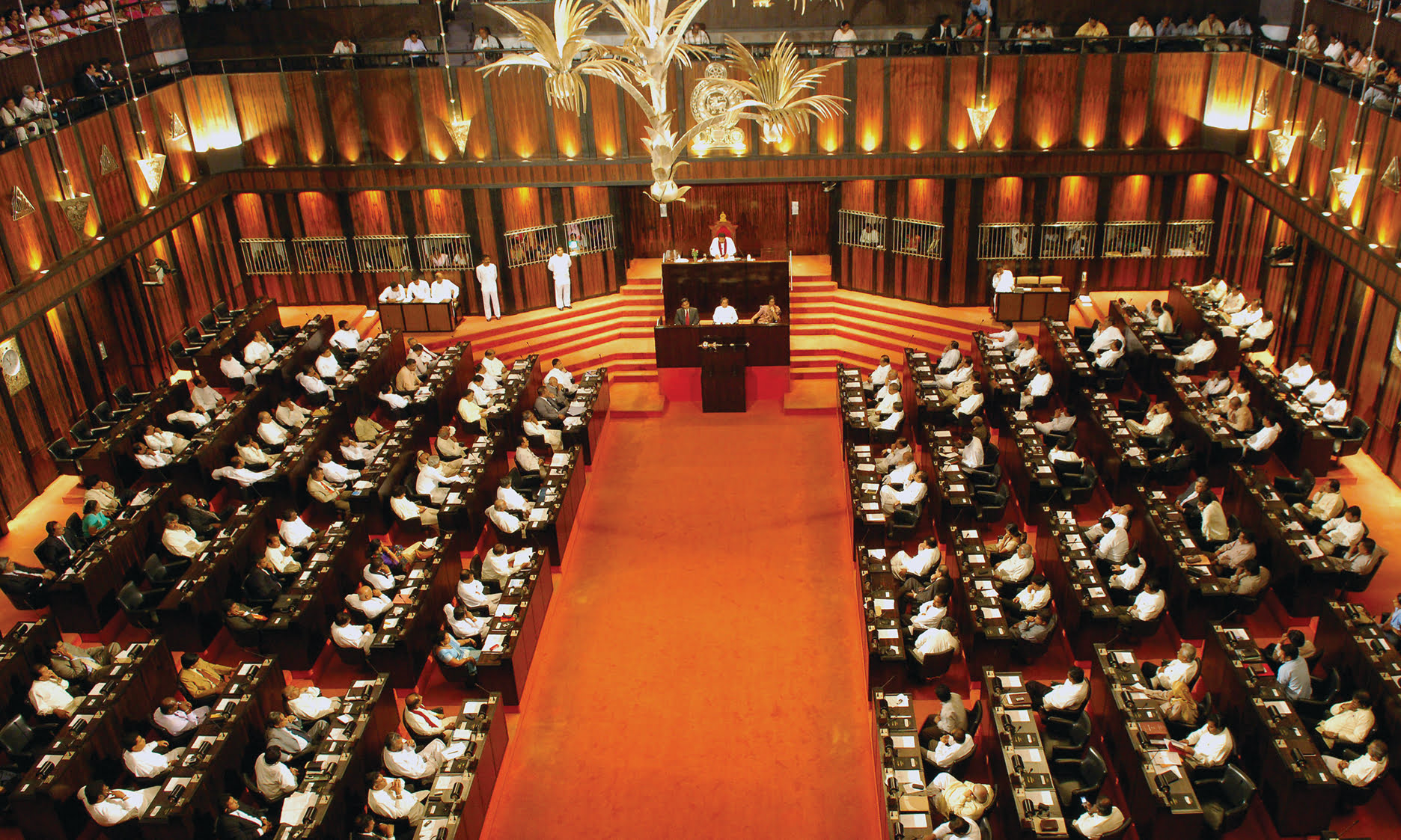For the first time women represent more than 10 per cent of seats in Sri Lanka’s Parliament
Of the 21 newly elected members, 19 are from the National People's Power (NPP); some also come from Tamil plantation communities. This is a record for female representation in a country that in 1960 elected the first woman head of government in the world, Sirimavo Bandaranaike. Current Prime Minister Harini Amarasuriya was re-elected in the capital with a record number of votes.
Colombo (AsiaNews) – For the first time in Sri Lanka's history, elected female representation in Parliament exceeds 10 per cent.
Last week's general election saw 21 women win a seat, in addition to the those nominated on the national list in 14 districts.
This shows a major increase compared to 13 (including those on the national list) who sat in Parliament after the 2020 general elections.
Until now, only 60 women served in Sri Lanka’s Parliament, including Sirimavo Bandaranaike (1916-2000), the world's first woman head of government, elected on 21 July 1960.
In September’s elections, 160 parliamentarians were elected for the first time. More than 100 new MPs belong to the National People's Power (NPP), the party of President Anura Kumara Dissanayake, which won 159 seats out of 225.
Of the 21 women elected, 19 belong to the NPP, while Rohini Kaviratne and Chamindranee Kiriella are from Samagi Jana Balawegaya (SJB).
Prime Minister Harini Amarasuriya re-elected, making history for the record number of ballots ever cast for a woman in Colombo.
Among the elected representatives are experienced politicians like Rohini Kaviratne, as well as newcomer Kaushalya Ariyarathne.
The group includes many community organisers, such as Samänmale and Gunasinghe, who have worked on crucial issues for decades, as well as lawyers, entrepreneurs, and party officials, as well as seasoned politicians.
For the first time, women from the plantation community have been elected: The NPP’s Krishnan Kaleychelvi from Nuwara Eliya, Ambika Samuel from Badulla, and Saroja Savitri Paulraj from Matara have made history as the first female representatives from the estates of Sri Lanka.
Samuel is also the first Tamil woman to win a seat in Badulla. She is recognised and admired for her activism against tea plantation owners, and shedding light on the situation of plantation communities. Savitri Paulraj is the first Tamil woman to win a seat in Matara.
Political analysts Shirantha Igalawithana and Darshika Amarasekara told AsiaNews that “only six countries have 50 per cent or more women in parliament in single or lower house. Rwanda (61%), Cuba (56 %), Nicaragua (54 %), Andorra (50 %), Mexico (50 %), New Zealand (50 %), and the United Arab Emirates (50 %), whereas, only 22 countries have reached or surpassed 40 per cent which includes 13 countries in Europe, five in Africa, four in Latin America and the Caribbean and one in Asia-Pacific.”
“Globally, there are 21 States in which women account for less than 10 per cent of parliamentarians in single or lower houses, including two lower chambers with no female representatives at all.
“According to the internationally [and unanimously] agreed target set in the Beijing Declaration and Platform for Action adopted by United Nations on September 15, 1995, concerning the equality of men and women, balanced political participation and power-sharing between men and women is vital in decision-making,” Shirantha and Darshika noted.
For political scientists Nalinda Jayawardena and Manilal Sugathadasa, “there is established evidence that women’s leadership in political decision-making processes improves the well-being of rural communities as revealed in research on panchayats (local councils) in India.
“Women demonstrate political leadership by working across party lines through parliamentary women’s groups.” They do so “in most politically combative environments by championing issues of gender equality, including the elimination of gender-based violence, parental leave and childcare, pensions, gender-equality laws, and electoral reform, female representation in parliament is vital to voice their opinion regarding these issues.”
24/08/2018 09:48
08/04/2024 15:00
27/09/2017 10:13







.png)










